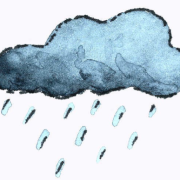5 Coping Strategies for ADHD
5 Coping Strategies for ADHD
5 Coping Strategies for ADHD
Coping with ADHD in your everyday life can sometimes feel like an uphill battle. You might feel distracted or find yourself becoming overwhelmed. Yet, developing proper coping strategies can help you manage your ADHD in an effective and efficient way, allowing you to achieve all your goals and more.
In this article, we outline five coping strategies to help you manage your ADHD. Keep reading to find out more.
1. Find Time to Move
Research shows how exercise is an effective short-term and long-term management tactic for those with ADHD. This is because exercise increases dopamine release, as well as can improve attention and focus while reducing impulsiveness for those with ADHD.
On top of this, regular exercise is associated with decreased risk of depression and anxiety, which are known to be closely linked with ADHD diagnosis.
2. Create Systems for Yourself
If you know you have a tendency to get increasingly distracted as the day goes on, use this to your advantage! Plan on doing priority tasks first so that you, at the very least, complete those and can feel accomplished knowing your priorities are done.
3. Practice Acceptance
An ADHD diagnosis can help you understand yourself more or why you do things the way you do. Yet, don’t let these entities become excuses. Rather, accept yourself and any limitations you may have—while finding systems to help avoid these limitations from becoming problematic (see the above point for more on creating systems!).
4. Create Small Steps for Big Tasks
With ADHD, many individuals find they can quickly become overwhelmed, especially if a task seems large in comparison. This may mean you avoid the task or maybe avoid finishing it. Instead, when tasks seem overwhelming, try breaking them down into steps. Focus on each individual step at a time, not bothering with the next one until the current one is complete. This can make everything much more simple and much less overwhelming!
5. Add Deadlines to Tasks
Even for chores around the house, give yourself a set time to do it. This avoids procrastination or distraction, ensuring things get done and you are less likely to stray off task.
What Else Can You Do?
At Pathways Neuropsychology Associates, we offer ADHD Coaching for individuals struggling with work, school, or social events. Together, we can help you find strategies to manage and overcome what holds you back. Individuals with ADHD can lead relatively normal lives—all it takes is finding the right strategies that work for you. Contact us today.
#top .av_textblock_section.av-av_textblock-4b54a9376293c03bbf09fa7edbc1f1cb .avia_textblock{
font-size:16px;
}
At Pathways Neuropsychology Associates we use evidence-based evaluation instruments and treatments to get you, your loved one, or your child on the path to success. If you or someone you love are struggling with the symptoms of ADHD, call now and get started!
.flex_column.av-av_one_full-d3e509f4637007bf756d5d5b286252b3{
border-width:2px;
border-color:#d9d9d9;
border-style:solid;
border-radius:0px 0px 0px 0px;
-webkit-border-radius:0px 0px 0px 0px;
-moz-border-radius:0px 0px 0px 0px;
padding:20px 20px 20px 20px;
background-color:#f8f8f8;
}
The post 5 Coping Strategies for ADHD appeared first on Pathways Neuropsychology Associates.
Source: ADHD
5 Coping Strategies for ADHD

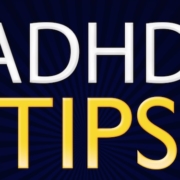
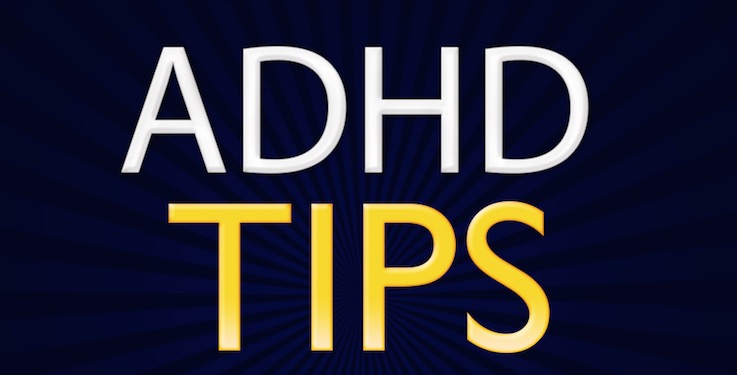


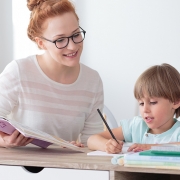
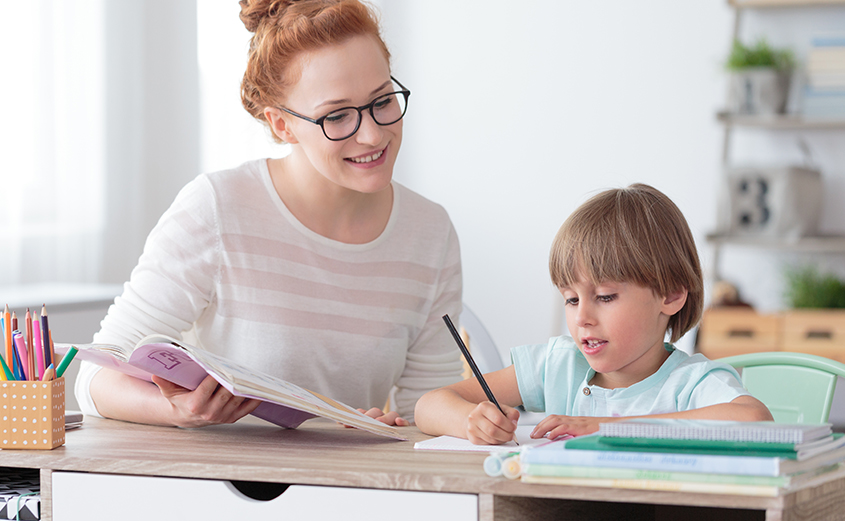 ADHD – Back to School Tips
ADHD – Back to School Tips 


